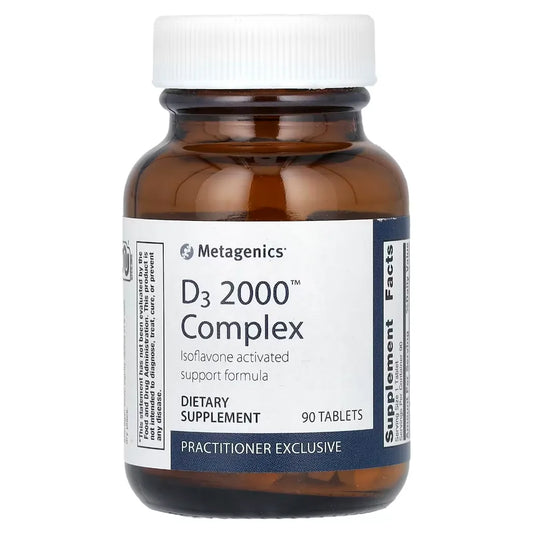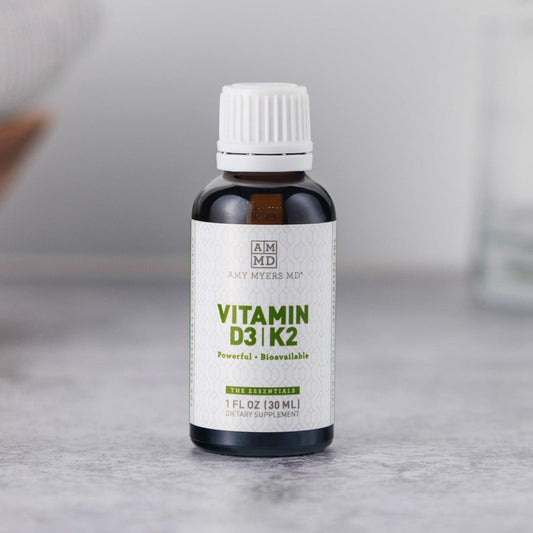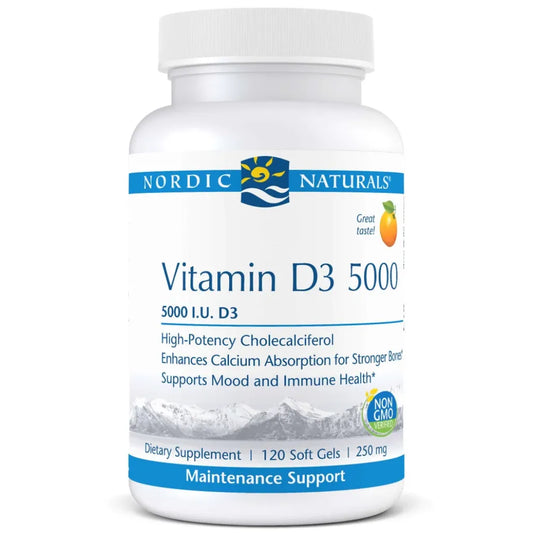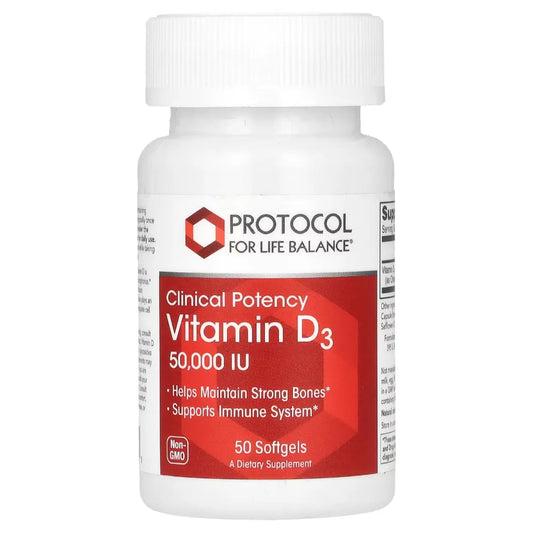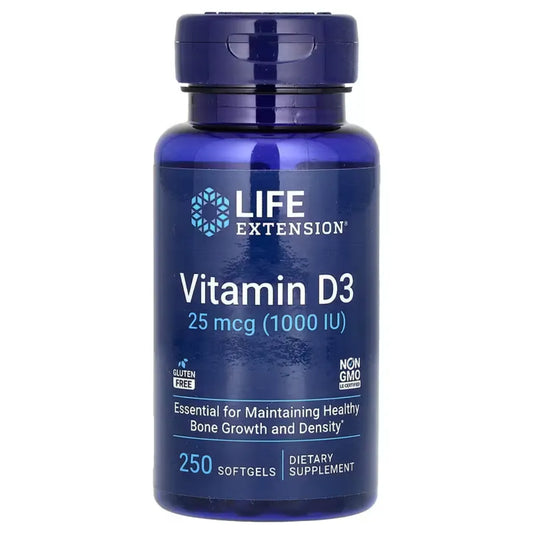Vitamin D is crucial to maintaining healthy bones and muscles. It helps build strong bones because it helps in calcium absorption. This vitamin also modulates immunity and is important for mental health. Recent studies have mentioned deficiency of this sunshine vitamin is associated with depression, negative emotions, and poor life quality. Post-menopausal women, those on steroid therapy, elderly, and pregnant women are at risk of vitamin D deficiency.
Health Benefits of Vitamin D Supplements
-
Vitamin D Supplements for Healthy Bones
Vitamin D deficiency causes rickets in children. Vitamin D and calcium supplements are used for managing rickets. These supplements increase bone strength and are also given to the elderly because they are prone to a deficiency which increases the risk of fracture.
Our immune system requires vitamin D to fight off infections and hence its deficiency leads to immune dysregulation. Vitamin D supplements support immunity for individuals of all ages including kids.
Muscles have vitamin D receptors. This vitamin plays an important role in improving muscle strength, function or contraction, repair, and balance. Its deficiency leads to muscle pain and weakness therefore supplements are recommended by experts to support good musculoskeletal strength among vitamin D-deficient individuals.
-
Promotes Good Health Among Menopausal Women
Vitamin D deficiency in peri and post-menopausal women is associated with numerous health issues. Due to declining estrogen levels, there is a greater risk of fracture and reduced bone density. Therefore, these women are recommended to take a combination of vitamin D and calcium supplements to maintain good health.
Studies have shown that depressed individuals have low levels of vitamin D. Its deficiency is also associated with cognitive impairment. Vitamin D supplements improve mood and support neurocognition in these individuals.
Availability of Vitamin D Supplements
-
Available in capsule, tablet, and liquid forms.
-
Combination of bioactive vitamin D with vitamin K are available as softgels to enhance absorption and promote health benefits.
-
Vitamin D3 gummies are available for kids.
Frequently Asked Questions
1. What are the everyday symptoms of vitamin D deficiency?
These symptoms include:
-
Muscle cramps
-
Mood fluctuation
-
Pain in bones and joints
-
Tiredness
2. Which form of vitamin D is best absorbed?
There are two forms of vitamin D: Ergocalciferol (D2) and Cholecalciferol (D3). D3, sourced from animals is absorbed well by the body compared to D2 obtained from plants. Vegan vitamin D supplements contain D2.
3. Which time is sunlight good for vitamin D?
600 IU is the daily recommended dose of vitamin D. Mid-day timing is considered the best to take the sunlight. It depends on the geographical location and the intensity of sun exposure. also. In summer, thrice a week, 13 minutes of midday sunlight exposure in the UK is sufficient to maintain adequate vitamin D levels. In Norway, 30 minutes of midday sun exposure equals 10,000–20,000 IU.
4. How much vitamin D do you need every day?
The requirements of vitamin D depend upon the age. According to the National Institute of Health, for both males and females, 600 IU of vitamin D is required for those aged 1-70 years and those above 70 years need 800 IU of vitamin D.
5. How should one choose a vitamin D supplement?
Here are some of the tips to help you choose the best vitamin D supplement:
-
Always prefer high-quality supplements.
-
Choose the dosage based on your age.
-
If you are a vegan, choose the D2 (ergocalciferol) supplement. Check the label for the word vegan.
-
Supplements containing a combination of vitamin D3 and K2 are available.
-
If you have swallowing difficulty, chewable vitamin D3 is also available.
-
Check the label for GMP-certified.
6. Do vitamin D tablets boost your mood?
Studies have mentioned that vitamin D supplements reduce negative emotions. Vitamin D deficiency is associated with mental health issues like depression.
7. When should one consider vitamin D supplementation?
One with the following conditions should consider vitamin D supplements:
-
Inadequate dietary intake of vitamin D.
-
Not taking daily sunlight.
-
Following a strict vegan diet.
-
Obese individuals
-
Impaired absorption due to recent surgery
-
Elderly
-
People taking medications that cause vitamin D deficiency like steroids, anti-epileptic drugs, etc.
8. Can low vitamin D cause daytime sleepiness? Why would Vitamin D cause daytime sleepiness and tiredness?
Researchers say that vitamin D improves sleep quality because it is associated with sleep regulation. This pinpoints the fact there is a relationship between low vitamin D and sleep issues. A study found sleep problems associated with daytime workers who had vitamin D deficiency and not night-shift workers. Based on the study’s conclusion, researchers recommended vitamin D supplements for these workers involved in day shift.
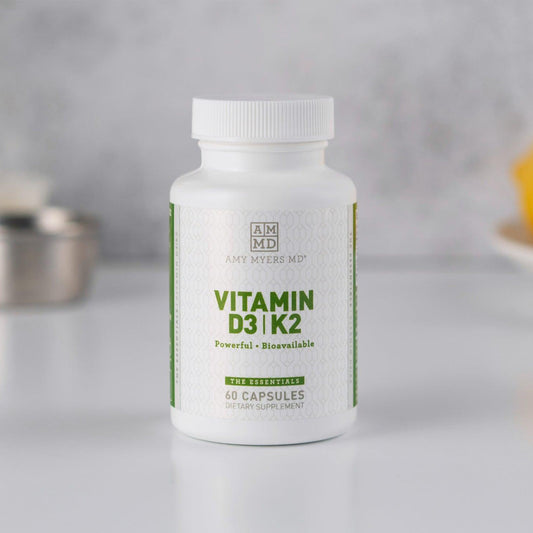 Sold outVendor:Amy Myers MD
Sold outVendor:Amy Myers MD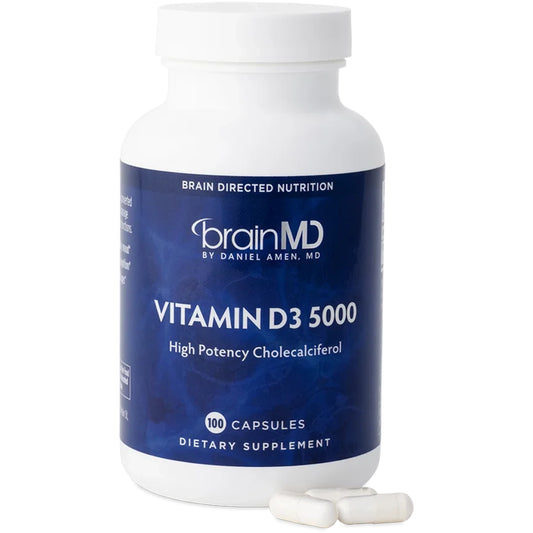 Sold outVendor:Brain MD
Sold outVendor:Brain MD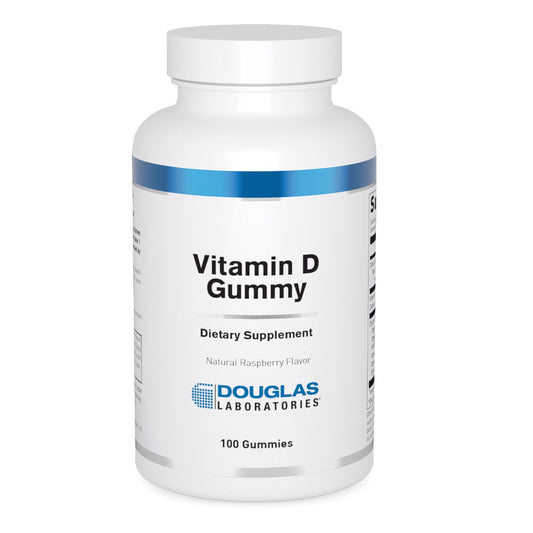 Sold outVendor:Douglas Laboratories
Sold outVendor:Douglas Laboratories
